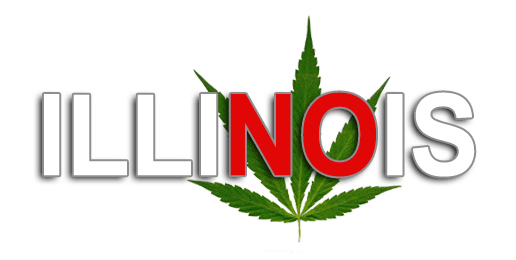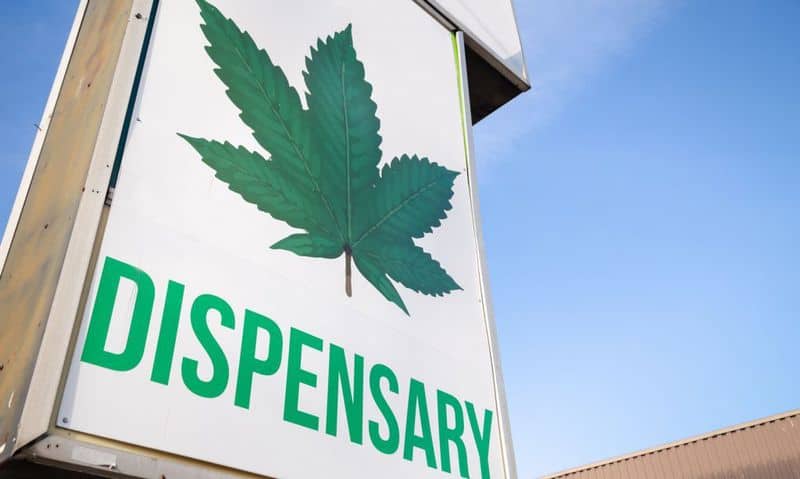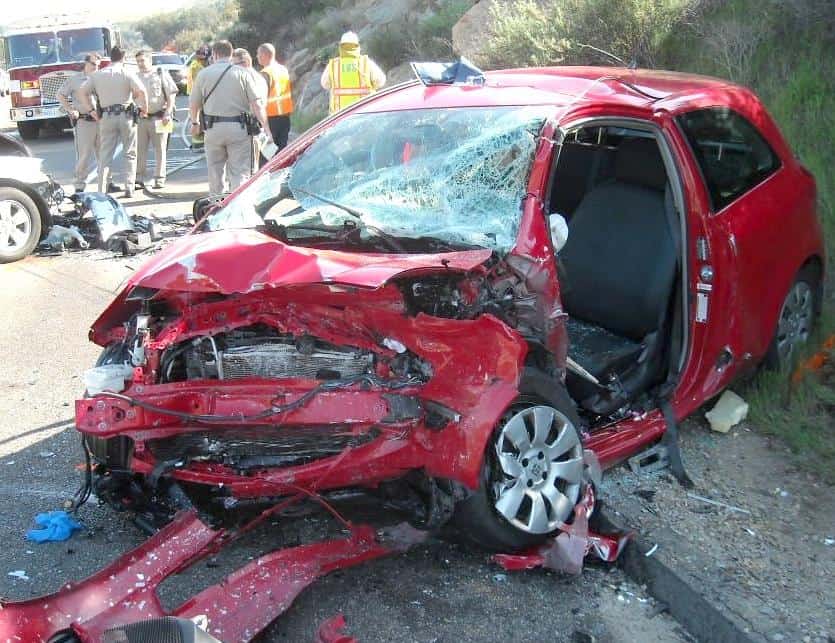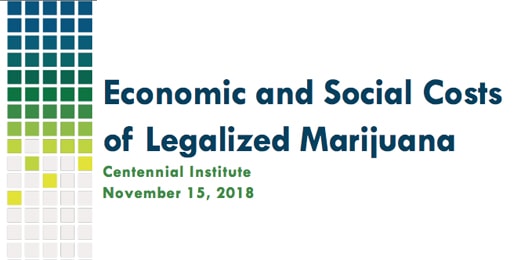Legalizing marijuana is a step backwards for social justice
When it comes to marijuana commercialization, the new robber barons have arrived. They are wealthy investors in freshly tailored suits that pay lip service to social justice while putting marijuana stores on every street corner in Black communities.
On March 2, the Connecticut General Assembly Judiciary Committee held a public hearing on Senate Bill 16, a bill to commercialize marijuana. One prevailing theme was the potential for achieving social justice. Nothing about this bill will even touch social justice — unless the goal is to make it worse.
Supporters of the bill claim it will put those with marijuana-related arrests to the front of the line to get a license to sell the drug. But efforts like this in other “legal” states have not panned out. In state after state that has gone down this road, commercialization advocates have touted the creation of a marijuana industry as social justice and made sky-high promises of social equity, and each time they fail to deliver.
Notably, lawmakers in Illinois — the first state to institute a commercial market through the legislature, promised the state would set the standard for social equity in the marijuana industry. But when sales began in Chicago, not a single person of color held a retail license, causing the Black Caucus to threaten the entire program. The African American community in Chicago is still waiting for a seat at the table. They shouldn’t hold their breath.
Out of more than 1,300 applicants for a marijuana license in Boston, only four percent were African American. What’s more, the Boston Globe exposed that a handful of out of state marijuana corporations locked up the majority of retail licenses through shell companies.
In the debate over a recent failed push to legalize marijuana in New Jersey, State Senator and Chairman of the Legislative Black Caucus Ron Rice put it plainly: “Seeing first-hand how drugs eviscerate urban communities — and understanding how marijuana legalization will impact the health, education, economics, business, liability and litigation complexities of our densely-populated, metropolitan-bookended state — I fully oppose it.”
It’s time to face reality: the system is already rigged against minority entrepreneurs by major corporations advised by the likes of former Republican Speaker and criminal justice reform opponent John Boehner.
Marijuana legalization and commercialization doesn’t simply allow for possession of the drug and so-called “regulated” sales. It creates a predatory industry that targets communities of color and other disenfranchised communities with an over-saturation of stores and ads, like its predecessors Big Tobacco and the alcohol industry. Unsurprisingly, large entities from both of these addiction industries have already invested billions of dollars into marijuana.
From years of lessons learned the hard way, we know that the alcohol industry makes nearly 80 percent of its revenue from just 10 percent of its consumers — those with substance abuse issues consuming more than 10 drinks or more per day. In Colorado, where there are more marijuana stores than McDonald’s and Starbucks combined, this playbook is proving fruitful, as the state’s marijuana industry is drawing 70 percent of its revenue from just over 20 percent of its users — the heavy users of highly potent marijuana products.
And where are those marijuana shops overwhelmingly located? Communities of color. One low-income neighborhood had one pot business for every 47 residents.
The conversation can be had about whether or not marijuana legalization would result in new, profitable revenue streams for the state, (hint: as other states have shown, it probably won’t), but to consider industrial weed as a vehicle for some sort of social justice is a slap in the face to communities suffering and does nothing more than perpetuate harmful drug use.
Melissa Robbins serves as Regional Director for Smart Approaches to Marijuana (SAM)





